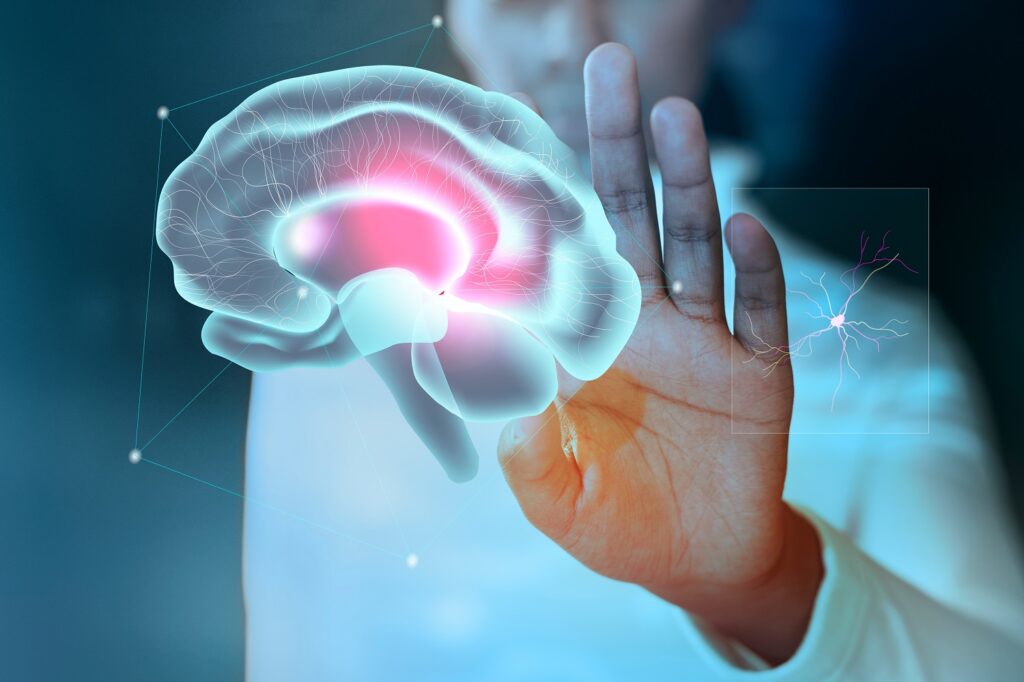A 21-year-old female student with no medical history and psychiatric illness in the past presented to the emergency with a fever and altered mental status. 2 weeks before admission the patient suffered from fever and headache followed by prominent psychiatric changes in the form of anxiety, hallucinations, delusions, and hyperreligiosity. She also had abnormal behavior in the form of talking excessively. Psychiatrists diagnose this condition as acute psychosis and antipsychotics were prescribed. Later the symptoms worsened and the consciousness level deteriorated. Encephalitis was suspected. The cerebrospinal fluid result was positive for anti-N-methyl-D-aspartate antibodies and then the diagnosis was confirmed as anti-N-methyl-D-aspartate receptor encephalitis.
Results
- b) Anti-N-methyl-D-aspartate encephalitis
- b) Anti-N-methyl-D-aspartate encephalitis
Anti-N-methyl-D-aspartate encephalitis patients are usually selected by psychiatrists as anti-NMDARs play a major role in synaptic transmission that helps to moderate human memory and cognition. The psychiatric indications of anti-NMDAR encephalitis syndrome are headaches, low-grade fevers, upper respiratory infection, and diarrhea. In the case of anti-NMDAR encephalitis lumbar puncture should be performed immediately. Therapy includes intravenous immunoglobulins and methylprednisolone with antiepileptics.














